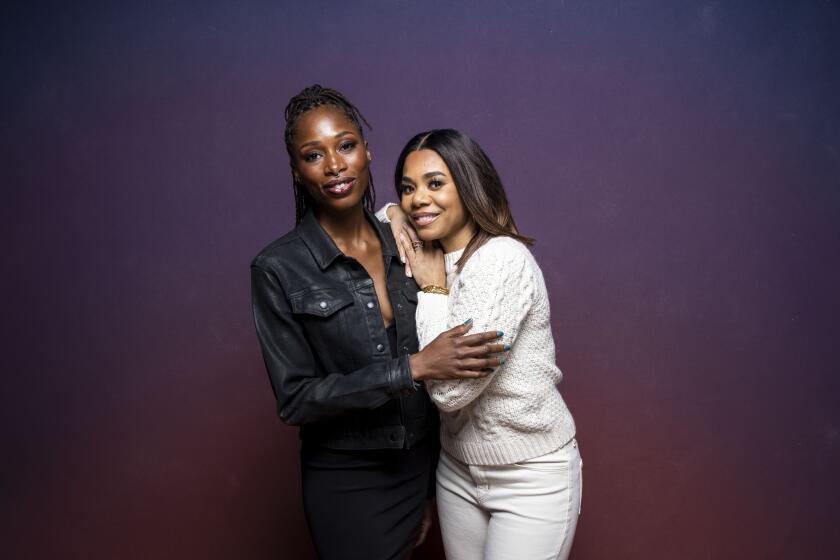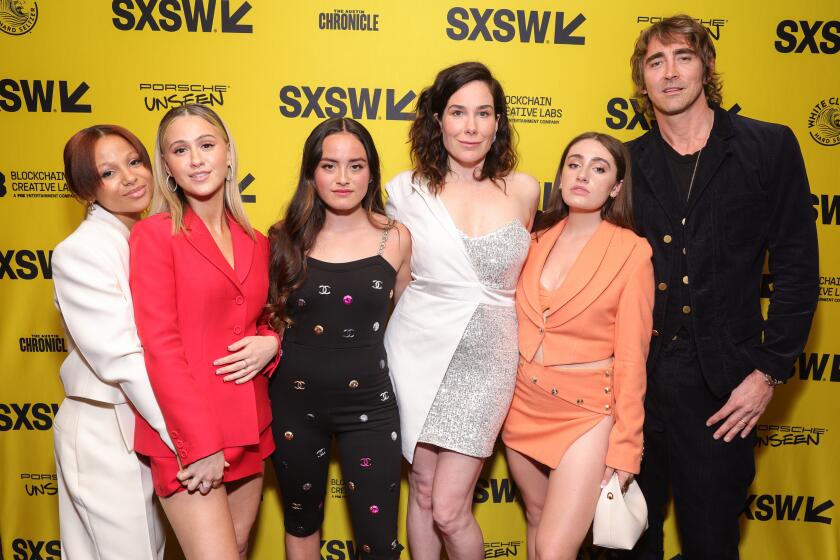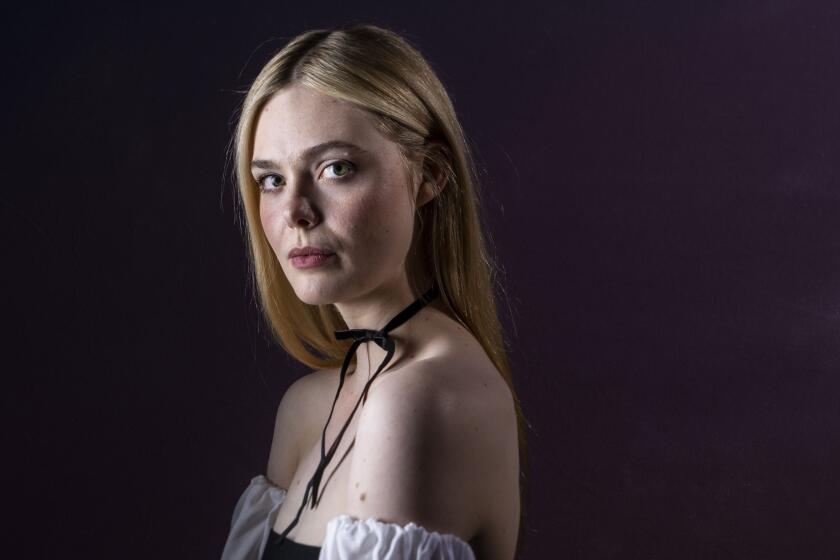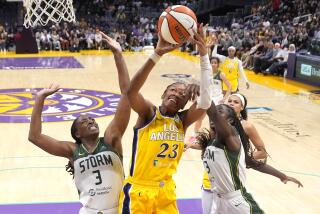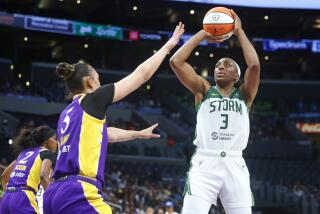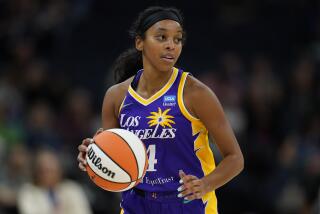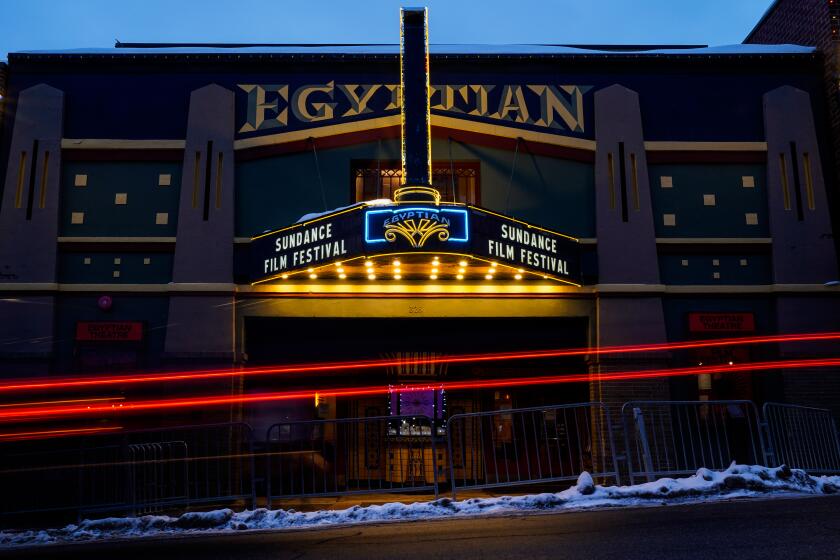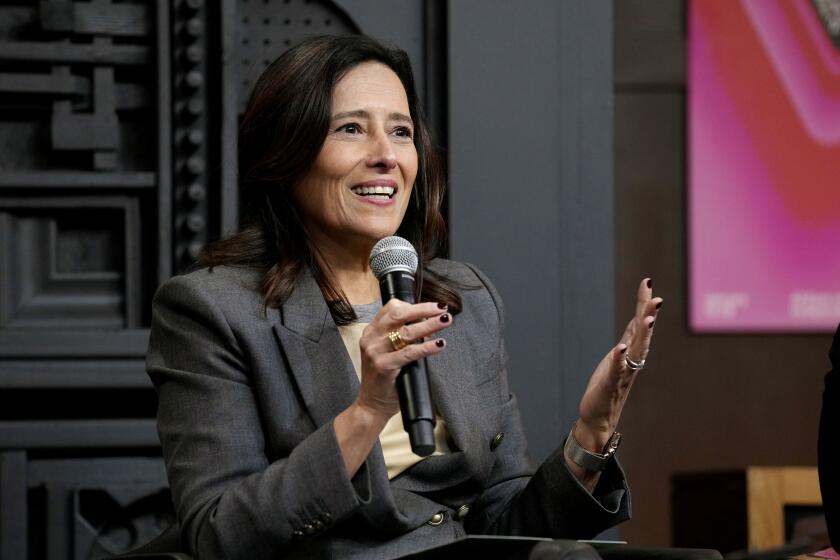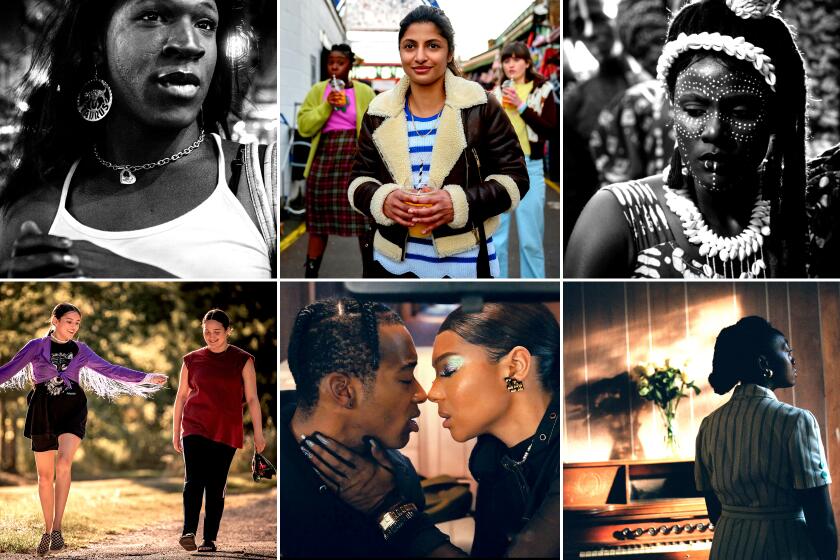Any hardcore music nerd is familiar with the urge to share your passion for your favorite band with the uninitiated — and the attendant frustration and heartbreak that often comes from it. For years, Edgar Wright, the English director of films including “Shaun of the Dead,” “Scott Pilgrim vs. the World” and “Baby Driver,” would routinely try to engage with people about his love for trail-blazing cult band Sparks only to be met with blank stares.
Since their breakout in 1974 with the operatic oddball glam-rock hit “This Town Ain’t Big Enough for Both of Us,” brothers Ron and Russell Mael have charted an eccentric course through a half-century of rock history. They inspired scores of bands from New Order to Depeche Mode to Franz Ferdinand with their boundary-pushing, often uncategorizable music while often being met with indifference from the mainstream.
After 25 albums, Wright felt it was past time for the duo, who are still making music in their 70s, to get the serious appraisal they deserved. The resulting documentary, “The Sparks Brothers,” featuring interviews with scores of famous devotees including Beck, Fred Armisen, Flea and author Neil Gaiman, will premiere Saturday at the Sundance Film Festival.
“As an aggrieved fan, I was thinking, ‘Sparks are the most influential band that don’t have a documentary about them,’” says Wright, who is making his first foray into nonfiction filmmaking. “At a certain point, it felt like it might be easier for me to just make the movie than have to explain who Sparks were over dinner ever again.”
The Times spoke with Wright over Zoom from London about his deep admiration for the enigmatic band, his favorite music documentaries and his thoughts about the future of the film business.
What was your own personal introduction to Sparks?
I was born in 1974, which was the same year that “This Town Ain’t Big Enough for Both of Us” came out. My first experience of Sparks was in 1979 when they were on “Top of the Pops” and they were in their Giorgio Moroder [synth-pop] phase. Even then, as a 5-year-old watching TV, when they’re back-to-back with these bands who are all smiles like ABBA or something, Sparks stood out to me as a really striking image and a more challenging prospect. A lot of people in the UK would talk about Sparks sort of like the Daleks from “Doctor Who”: “Why is that scary man with the mustache staring at us?” [laughs]
At that age, listening to their albums, I felt the same way about them as I did about Monty Python: There’s a lot of references that are maybe a bit beyond a pre-teen, but it makes you want to be smart by understanding it. You have to do some of the work with Sparks. They’re quite inscrutable and sometimes you’re not quite sure if there’s a joke — or even if the joke is on you. But that’s why they’ve become kind of sticky and people start to become obsessed about them. You want to know more. There’s lots of layers to peel off the onion in a way that there isn’t with a lot of other bands. Other bands have songs that may be massive hits but they’re very superficial. With Sparks, there’s always a lot to unpack and the fact that we’re still unpacking it 50 years later is a testament to how sophisticated they are as a band.
That said, there are obviously many people who aren’t familiar with them. How do you hook people into a documentary about a band they may never even have heard of?
For people who don’t know them, the easiest way that we thought to describe them was as “your favorite band’s favorite band.” That’s why the film opens with a salvo of other people that you will know. My hope is you’ll see all these people talking about Ron and Russell and think, “Who is this band that I’ve never heard of that Flea and Beck and Mike Myers and Patton Oswalt and Neil Gaiman are all talking about?” A lot of the people who are talking about Sparks in the film are artists or members of bands who are bigger than them, who were inspired by them and went on to profit off similar stylistic ideas in ways that Sparks never did.
When I was first proposing to make the film, it had to be an introduction and a celebration at the same time. To me, the key to it working was if people who had never heard of Sparks enjoyed it. The thing I’ve heard from quite a few people is that they felt in the very best way schooled by it, which is nice. [Director] Rian Johnson is a friend of mine and I showed it to him. He knows nothing about Sparks and he said, “It’s such a fully realized documentary of a band I’ve never heard of that at some point I began to feel like I might be watching a film about a fictitious band. It’s like you’re watching the rock version of ‘Zelig.’ ”
There have been a million rock documentaries over the years but only a relatively small number of them stand on their own as great films. Do you have any personal favorites?
I do watch a lot of music documentaries. I enjoyed the Bee Gees documentary recently. I really like Julien Temple’s Sex Pistols film “The Filth and the Fury.” I really liked Martin Scorsese’s George Harrison documentary. Then there are great documentaries about bands that mainstream people don’t know, like [Ondi Timoner‘s 2003 film] “Dig!” Not everybody who enjoyed that film necessarily knew who the Brian Jonestown Massacre were before watching it — I certainly didn’t really know them — but it tells a story that anybody can enjoy. I guess that’s what I wanted to get out of this. When people say, “Well, I don’t know Sparks,” I’m like, “You’re the target audience! Watch this!”
A wide range of narrative and documentaries highlights to watch for at the first virtual Sundance Film Festival.
You talked to dozens of well-known people for this film, from members of bands like Duran Duran and New Order to actors like Fred Armisen and Jason Schwartzman. How did you find this sort of secret society of Sparks aficionados?
There were people that were already Sparks fans on record, like Steve Jones from the Sex Pistols or Stephen Morris from Joy Division and New Order. But honestly, there were some people in the documentary who I just assumed were fans. It’s like the Freemasons or something: You just go up to someone like Fred Armisen or Beck or Flea and say, “You like Sparks, right?” I was rarely wrong when I thought I’d identified a Sparks fan just by their vibe.
I did 80 interviews for the film and I did them all in person. It didn’t occur to me that in some other documentaries maybe the director sometimes isn’t present. [laughs] But to be honest, I was just happy to talk to people as two Sparks fans. I could probably still be interviewing people about Sparks today, but at a certain point, we had to finish the movie.
As a creative person, what sort of inspiration do you take from the perseverance of Sparks through the years, often in the face of commercial failure?
They’re very positive and they’re always forward-thinking. They’re not people who dwell on success or failure. They’re a little bit like the Coen brothers in a way. Whether something is a success or a failure, the Coen brothers keep looking forward and Ron and Russell have that same instinct. They’re always going to try and push forward and they’re always thinking about what’s next. To me, that’s the stuff that’s inspiring.
Anyone following any kind of passion in any creative field, I hope what they take away from the film is there’s a real slog to chasing any dream but what Ron and Russell have done for 50 years is just have this tenacious persistence of vision that has forced other people to catch up. Russell at one point said, “The story of Sparks is the story of the tortoise and the hare,” and I think that’s quite apt. Sparks is still a going concern 25 albums and 50 years later. You can’t fail to be impressed by their work ethic. Being on tour with them and seeing two guys at their age who aren’t on a private plane flying around the world — who are lugging their own equipment at times — the passion in that and the dogged self-belief is really admirable. I found it quite touching to see.
The documentary ‘Summer of Soul,’ directed by Questlove, features revelatory, previously unseen performances from 1969’s Harlem Cultural Festival.
You’ve got this film as well as your next narrative feature, “Last Night in Soho,” set to come out later this year. As a passionate fan of cinema, are you confident that moviegoing will return to some semblance of normalcy after the pandemic?
There’s been a lot of discourse in trades and film magazines and papers that have been quite negative about cinema-going, talking about it like it’s a dead art. And it annoys me because I’m like, “I saw hit movies not only in 2019 but in early 2020!”
There are a lot of people that miss the cinema. To me, it’s a no-brainer. There’s a convenience to watching things at home, but I miss the community of strangers. I miss being with people who are all experiencing something at the same time. And I do think it’ll come back.
Maybe it won’t come back as quickly as it left off but for me, after a whole year of sitting on my couch, once the vaccine gets around, that’s the last thing I want to do. Get me back to the theater. Get me back to some live music and comedy. The idea of watching more streamers when I can go out — it’s like, no, the exact opposite!
This interview has been condensed and edited.
More to Read
Only good movies
Get the Indie Focus newsletter, Mark Olsen's weekly guide to the world of cinema.
You may occasionally receive promotional content from the Los Angeles Times.
